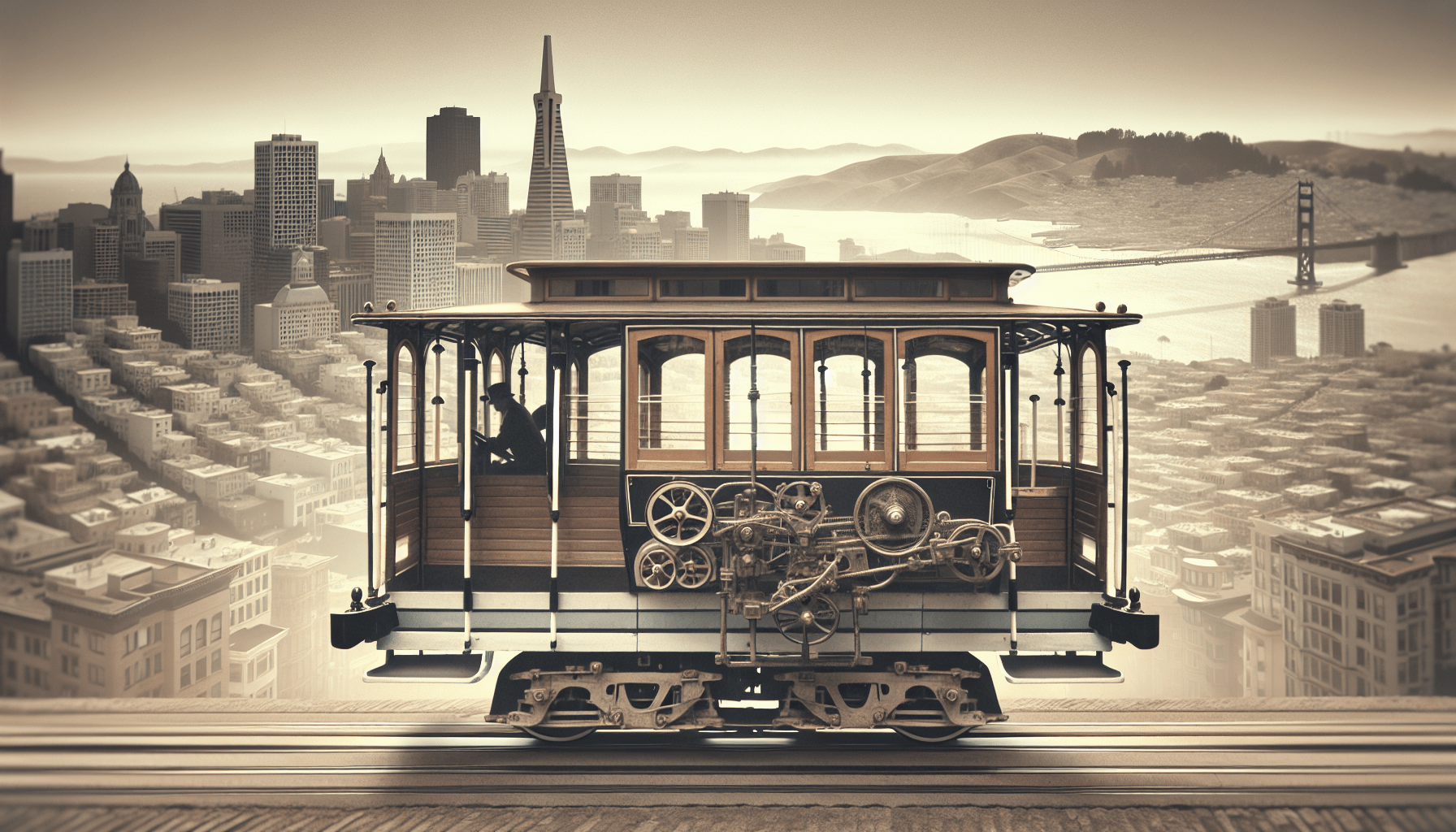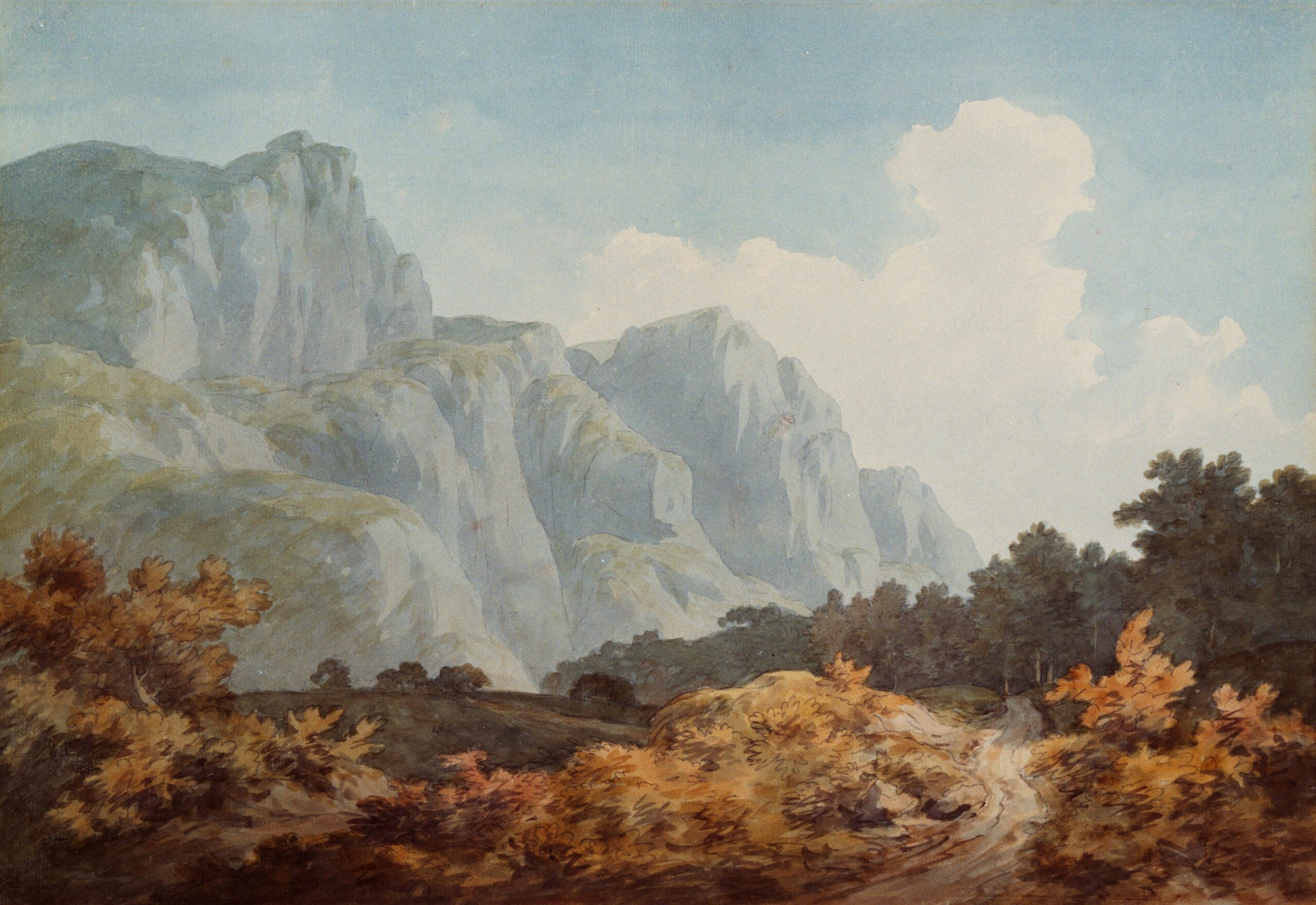SY COMPACT Travel Umbrella Windproof Automatic Umbrellas-Factory Outlet umbrella
$11.99 (as of April 5, 2025 11:31 GMT +00:00 - More info)Embark on a journey through the heart of San Francisco with a visit to the Cable Car Museum, a gem nestled within the city’s bustling streets that offers a unique glimpse into the fascinating history and mechanics behind the iconic cable cars. As you explore exhibits detailing the evolution of these historic transports, from their inception to their current status as moving monuments, you’ll find yourself immersed in a tale of innovation and survival. Alongside a collection of antique cable cars, the museum provides insightful tours and showcases the massive engines and winding wheels that keep the cables running smoothly. Whether you’re a history buff, a transportation enthusiast, or simply looking for a memorable addition to your San Francisco itinerary, the Cable Car Museum, located at 1201 Mason Street, is open to visitors with free admission, offering a deep dive into one of the city’s most enduring attractions. For more information on operating hours or to plan your visit, check out their website or give them a call. You’ll leave not just with great photos, but with a newfound appreciation for one of San Francisco’s most cherished landmarks.
History and Significance of Cable Cars
Origins of cable cars
Imagine San Francisco in the late 1800s, when the city’s steep hills made transportation for its residents a formidable challenge. That’s when the idea of the cable car, a groundbreaking solution, was born. Andrew Smith Hallidie, struck by the sight of horses struggling to pull carriages uphill, was inspired to create the world’s first cable car system in 1873. This innovation wasn’t just about moving people from one point to another; it was a revolution in urban transportation.
Technical innovation and challenges
Cable cars introduced a new technical approach to public transport. They’re propelled by a continuously moving cable running at a constant speed beneath the street, which the cars grip to move forward. Overcoming the engineering challenges of constructing and maintaining this system, especially on San Francisco’s hilly terrain, was a feat of its era. The mechanism required not just technological innovation but also a rethinking of urban infrastructure, leading to the creation of the intricate network of cables, pulleys, and grips we see today.
Economic and social impact on San Francisco
The advent of cable cars changed the face of San Francisco. Neighborhoods like Nob Hill, previously hard to access, became thriving residential areas. Commuting times shortened, and the city’s economy benefited significantly from the improved connectivity. This change ushered in a vibrant era of growth and development, proving how technological advancements can transform communities.
Preservation and legacy
Over time, the charm of cable cars hasn’t faded but their existence was threatened in the mid-20th century when buses and cars became the dominant modes of transport. Thanks to strong advocacy for their cultural and historical value, San Francisco’s cable cars were preserved. Now, they’re not just a functioning part of the city’s public transport system but also a moving monument to San Francisco’s innovative spirit.
Cable Car Museum Overview
Location and accessibility
Nestled in the heart of San Francisco, the Cable Car Museum is a must-visit for history buffs and curious travelers alike. Located at 1201 Mason Street, it’s easily accessible by, ironically, cable car, making your journey there part of the experience. The museum’s central location makes it a great starting point for a day of exploration in this historical city.
Admission fees and operating hours
Stepping into the Cable Car Museum won’t cost you a dime – admission is free. This makes it a fantastic, budget-friendly option for those looking to soak in some culture. The museum is open daily, though it’s wise to check the current hours as they can change with the seasons or during special events.
Contact information
For those eager to learn more before their visit or to check on any updates, the museum can be reached at a dedicated phone number for visitor inquiries. This proactive step ensures your visit is as smooth and enjoyable as possible.
Facilities and services
The museum offers a range of facilities to enhance your experience. From thoughtfully curated gift shops that sell unique souvenirs to wheelchair accessibility ensuring everyone can explore the exhibits, the Cable Car Museum is designed to be welcoming and informative for all.
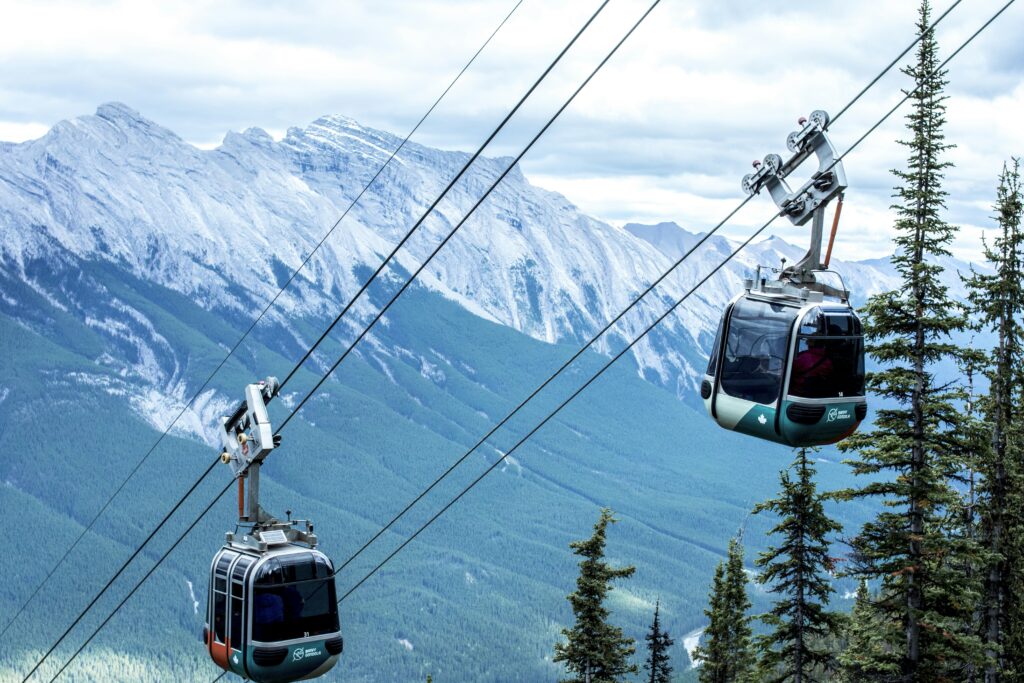
Permanent Exhibits
Historical cable cars
The stars of the show, historical cable cars, are on full display, offering a tangible link to San Francisco’s past. These beautifully preserved pieces give you an up-close look at the craftsmanship and ingenuity that shaped the city.
Mechanical devices and pulley systems
Diving deeper into how cable cars work, the museum showcases the mechanical wonders that power the system. From gripping devices to intricate pulley systems, these exhibits demystify the technology behind the cable cars’ operation.
Photographic archives
Through an extensive collection of photographs, the museum tells the rich story of cable cars in San Francisco. These images capture moments of technological triumph, everyday life, and the people who’ve been a part of the cable car story.
Interactive displays
For those who love a hands-on approach to learning, interactive displays offer insights into the mechanics and history of cable cars in an engaging way. Perfect for visitors of all ages, these exhibits make the experience both educational and fun.
Special Exhibitions and Events
Temporary exhibits
The museum regularly hosts temporary exhibits that delve into specific aspects of cable car history or explore related themes. These limited-time events provide fresh perspectives and reasons to revisit.
Annual events and celebrations
Celebrating the legacy and culture of cable cars, the museum organizes events and festivities throughout the year. These gatherings range from anniversary celebrations to special remembrance days, each adding a layer of richness to the museum’s offerings.
Educational programs and workshops
Aiming to educate and inspire, the museum conducts workshops and educational programs designed for various age groups. These initiatives foster a deeper understanding of the technological, cultural, and historical context of cable cars.
Guest speakers and presentations
Bringing experts and enthusiasts together, the museum hosts talks and presentations by individuals with deep knowledge of cable cars and their impact on urban development. These sessions are a great opportunity to learn from the best and share your passion with like-minded visitors.
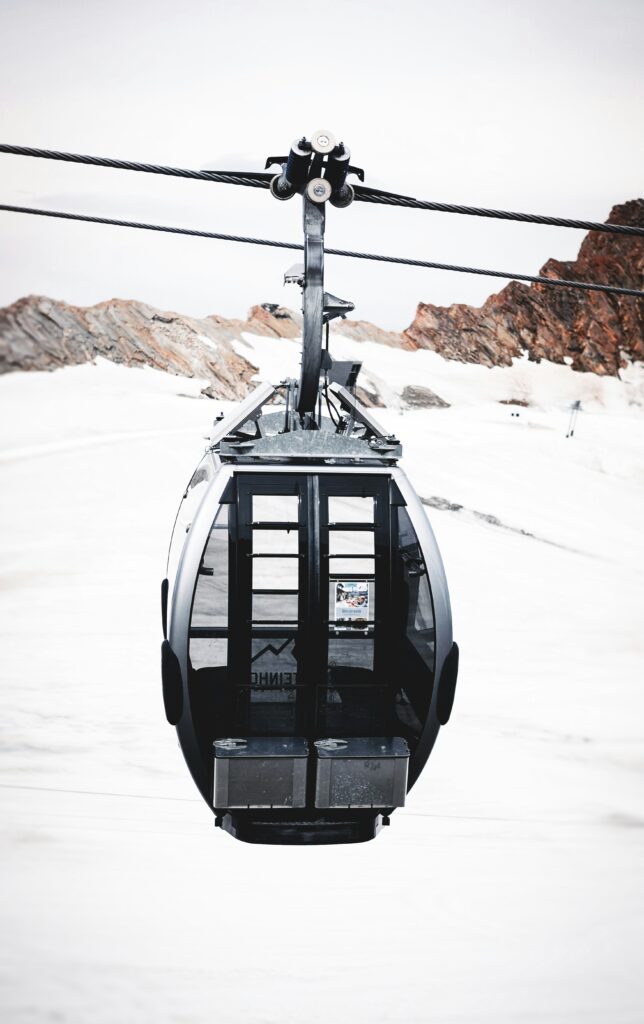
Cable Car Operation and Mechanics
How cable cars work
At its core, the operation of a cable car is fascinatingly simple yet ingeniously effective. The museum breaks down this process, explaining how cars grip the moving cable to start, move, and stop with precision, all while navigating the city’s challenging topography.
The cable system
The heart of San Francisco’s cable car system lies beneath the streets, a network of cables and pulleys that drive the city’s iconic transport. The museum provides insight into the construction, operation, and maintenance of this complex system.
Powerhouse and winding machinery
The powerhouse is where the magic happens, generating the power to move the cables that pull the cars. The museum offers a rare glimpse into the powerhouse operations and the winding machinery that keeps the system running smoothly.
Maintenance and restoration efforts
Preserving the history and functionality of cable cars requires continual maintenance and restoration. The museum celebrates these efforts, showcasing the dedication and skill of those who work behind the scenes to keep the cable cars rolling.
Notable Cable Cars and Figures
Famous cars and their routes
Certain cable cars have gained fame for their unique histories or the routes they traverse. The museum highlights these celebrities of the cable car world, offering visitors a deeper appreciation of their stories.
Influential individuals in cable car history
From inventors to advocates, many individuals have played significant roles in the story of cable cars. The museum pays tribute to these figures, recognizing their contributions to this enduring legacy.
Celebrity and cinematic appearances
Cable cars have captured the imagination of filmmakers and celebrities alike, making notable appearances in movies and becoming symbols of San Francisco in popular culture. The museum explores these connections, adding a touch of glamour to the cable car experience.
Notable achievements and records
The museum celebrates the milestones and records set by cable cars over the years, from speed achievements to enduring operation records. These feats underscore the remarkable capabilities and enduring appeal of San Francisco’s cable cars.
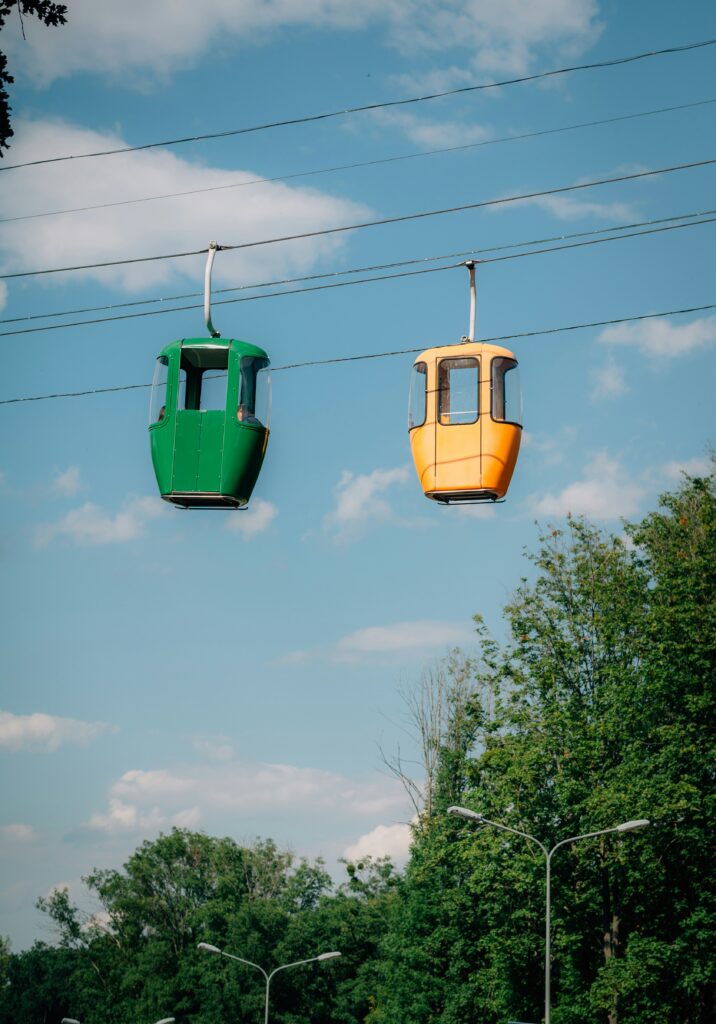
Visitor Experience
Guided tours
For those looking to dive deeper, guided tours offer comprehensive insights into the museum and the history of cable cars. These tours, led by knowledgeable guides, enhance the visitor experience with personal anecdotes and detailed explanations.
Interactive and immersive exhibits
Beyond traditional displays, the museum offers interactive and immersive exhibits that allow visitors to engage with the history and technology of cable cars in dynamic ways. These experiences bring the story of cable cars to life, creating memorable moments for all.
Gift shop and souvenirs
No visit is complete without a stop at the gift shop, where you can find unique souvenirs that celebrate the iconic cable cars. From model cars to themed apparel, there’s something to remind you of your visit and the rich history of San Francisco’s cable cars.
Photography and visitor participation
The museum encourages photography and active participation, allowing visitors to share their experiences and learn from each other. This open approach fosters a community of enthusiasts and preserves the spirit of discovery and sharing.
Educational Outreach
School programs and field trips
The museum hosts school programs and field trips, offering educational packages designed to complement curriculums with a focus on history, technology, and social studies. These programs engage students in active learning, making the history of cable cars accessible and exciting.
Educational resources and materials
To support its educational mission, the museum provides a wealth of resources and materials for teachers and students alike. These resources enhance the learning experience, offering insights into the significance of cable cars beyond their practical use.
Partnerships with educational institutions
By partnering with schools and educational institutions, the museum extends its reach, bringing the story of cable cars into classrooms and educational programs across the region. These partnerships are vital in preserving and disseminating the knowledge and legacy of San Francisco’s cable cars.
Online educational content
For those unable to visit in person or looking to learn more, the museum offers online educational content, including articles, videos, and interactive features. This digital presence ensures the museum’s resources are accessible to a global audience, spreading the fascination with cable cars far and wide.
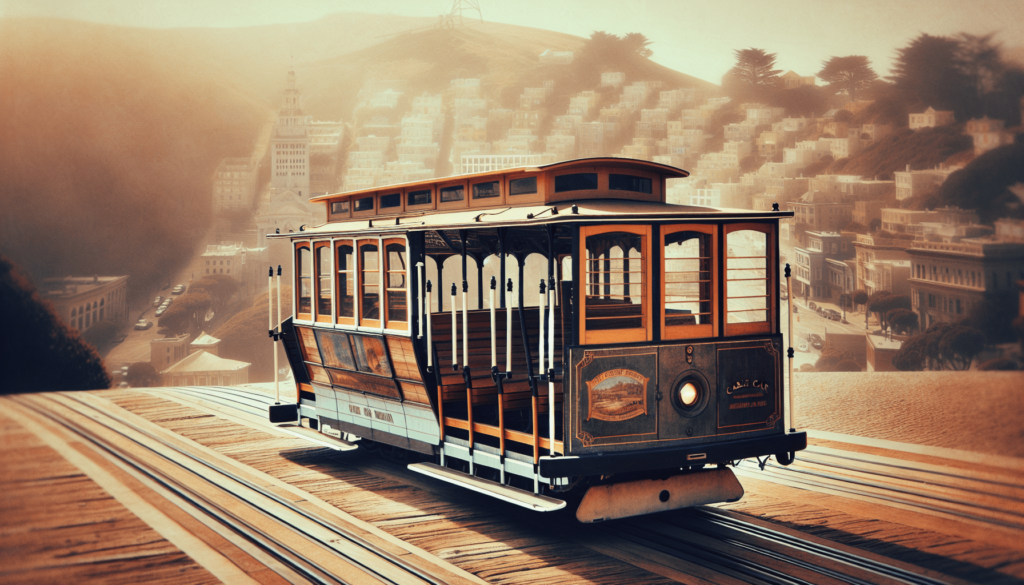
Conservation and Preservation Efforts
Restoration projects
The museum not only celebrates the past but also looks to the future, undertaking restoration projects to preserve cable cars for generations to come. These projects are crucial in maintaining the operational and historical integrity of the cars.
Funding and donations
Preservation efforts rely on the generosity of donors and the allocation of funding. The museum actively seeks support for its restoration projects, ensuring that the legacy of cable cars continues to enchant and educate.
Volunteer programs
Volunteers play a significant role in the museum’s operations, from guiding tours to assisting in preservation work. These programs offer individuals the opportunity to contribute to the museum’s mission and connect with the cable car community.
Conservation techniques and practices
Employing state-of-the-art conservation techniques, the museum ensures that cable cars and related artifacts are meticulously cared for. These practices are essential in safeguarding the material culture and historical significance of San Francisco’s beloved cable cars.
Planning Your Visit
Best times to visit
While the museum offers a fascinating experience year-round, certain times may enhance your visit. Mornings tend to be less crowded, providing a more intimate viewing experience. Also, planning your visit around special exhibitions or events can add an extra layer of excitement to your trip.
Ticketing and group rates
Despite the museum’s free admission, it’s wise to inquire about ticketing for special events or group rates for large parties. Doing so can ensure a smoother experience, especially when visiting with friends or as part of an educational trip.
Accessibility information
The museum is committed to accessibility, offering services and accommodations to ensure all visitors can enjoy its offerings. Checking the museum’s current accessibility options ahead of your visit will help you plan a comfortable and enjoyable visit.
Tips for a fulfilling museum experience
To make the most of your visit, consider a few tips: allocate enough time to explore all exhibits without rush, wear comfortable shoes, and don’t hesitate to engage with guides and staff for insights and stories. Remember, the Cable Car Museum is more than just a museum; it’s a gateway to understanding the heart and soul of San Francisco.

